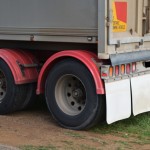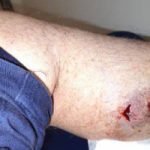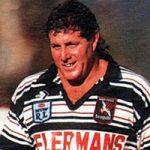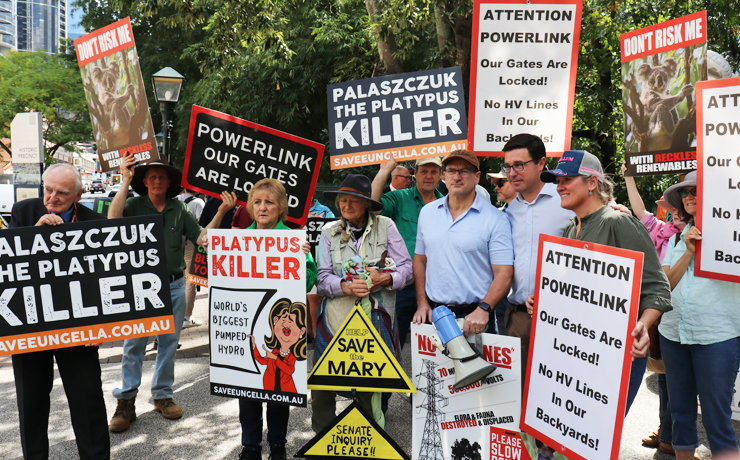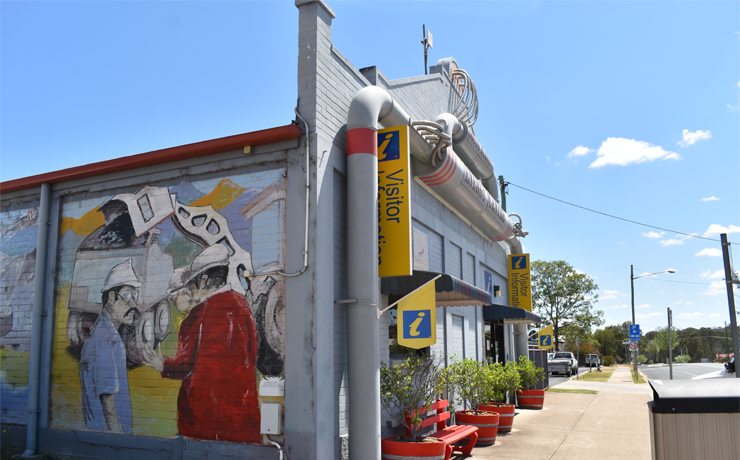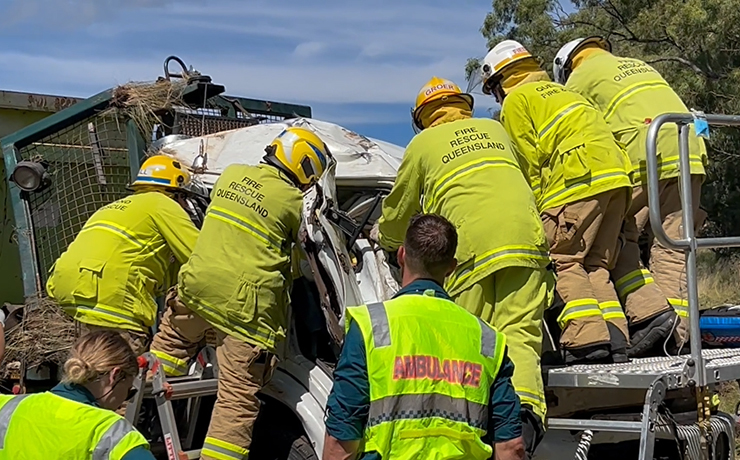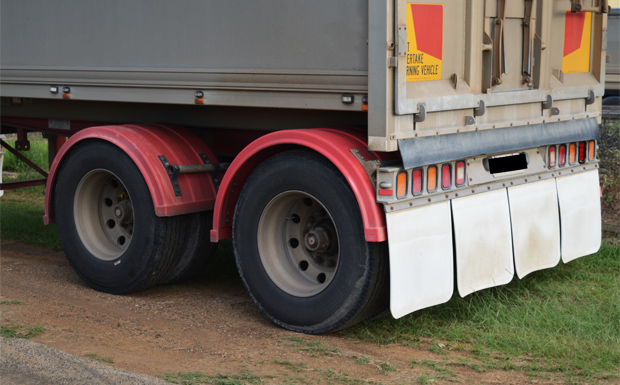January 4, 2014
With temperatures soaring, RACQ CareFlight Rescue is urging people to take care in the heat.
“Every summer we get calls to assist people with heat exhaustion and heat stroke,” CareFlight Medical Services Clinical Director Dr Tim Harraway said today.
Dr Harraway said there were simple steps people could take to reduce their risk of heat stress.
“We’d recommend drinking plenty of water; your fluid intake really should increase at this time of year anyway,” he said.
“Dress appropriately, in cool, light clothing and try and stay out of the heat, so seek shade or even better remain in air conditioning during the hottest part of the day.
“If you don’t have air conditioning go somewhere that does! It’s important to keep your core body temperature down.
“We tend to see heat-related fatalities during prolonged periods of hot weather, like a heatwave, rather than on isolated hot days.
“It sounds simple enough but people are busy, especially at this time of year, and don’t take the time to look after themselves.”
Symptoms of heat exhaustion include headaches, faintness, a rapid pulse, cold clammy skin and profuse sweating.
“Once heat stroke sets in, sweating stops, the patient can become unconscious, suffer seizures or heart failure and die.
“A body temperature of 42 degrees Celsius can be fatal,” Dr Harraway said.
RACQ CareFlight Rescue’s medical team recommend taking the following actions for a person suffering a heat related illness:
- Move the person to a cool place (shady or air conditioned area)
- Lay the person down supporting and elevating their legs slightly
- Remove any excessive clothing
- Cool the person using wet towels and ice packs and fan them down
- If they are conscious and able to drink offer small sips of cool water
- Phone triple zero for assistance
Children, the elderly and pregnant or breast feeding mothers are most susceptible to heat-related illnesses.
“Children tend to be more active and are more likely to over exert themselves or play outdoors in the sun,” Dr Harraway said.
“The elderly, particularly those on medications or suffering heart disease, will also succumb to heat stress more quickly.
“It’s important to check on elderly neighbours or family during the hot weather, it may save their life.”







